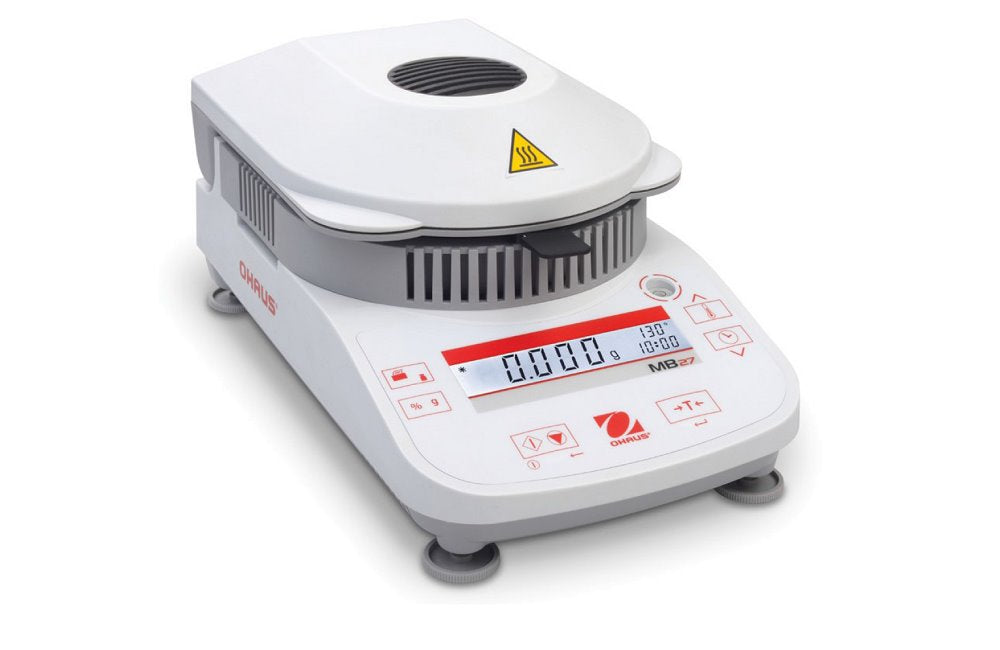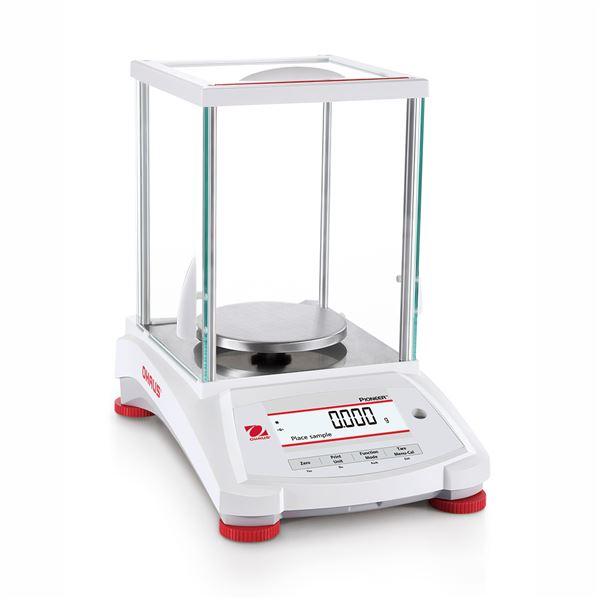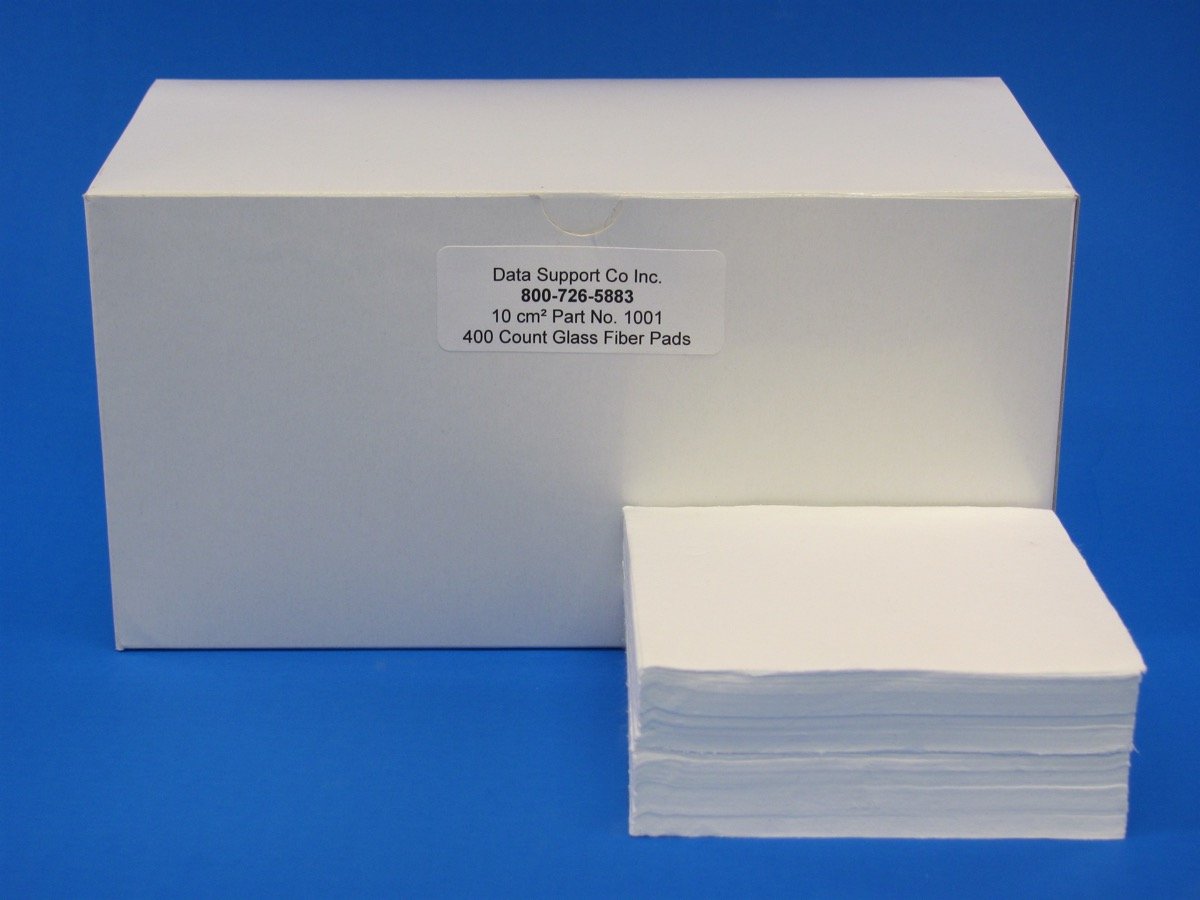Introduction to Lab Scales
Laboratory scales and balances are essential tools for precise measuring and accuracy in various laboratory applications, offering high capacity and readability.
Digital scales and balances provide a range of capacities and styles to meet diverse weighing needs, from compact and easy-to-use designs to more complex and durable models. Precision is key in lab settings, where even small discrepancies in weight can significantly impact experimental results and outcomes.
The use of laboratory scales supports reliable and consistent data, crucial for scientific experiments and research. Many modern lab scales offer USB connectivity for easy data transfer and integration with laboratory information systems. By investing in a high-quality lab scale, researchers can ensure the accuracy and validity of their findings.
Types of Laboratory Scales
-
Analytical balances offer high precision and readability, ideal for measuring small weights and moisture content with accuracy.
-
Industrial scales are designed for rugged use and high-capacity weighing, suitable for a variety of applications beyond the laboratory setting.
-
Precision balances provide a perfect balance of price and performance, making them accessible for a range of users and applications.
-
Moisture analysers use the loss on drying method to determine moisture content quickly and accurately, with compact and easy-to-use instruments.
-
Thermogravimetric analysers provide fast and automatic measurement of dry weight, ash, and volatile content.
View our full range of laboratory scale types and categories to find the best solution for your specific application.

Scale Capacity and Durability
High-capacity laboratory scales are designed to withstand heavy use and provide durable performance over time, reducing the need for frequent maintenance or replacement. Scales with high readability and accuracy are essential for laboratory applications, where small variations in weight can significantly impact results. The durability of a scale is also an important consideration, as it will be subject to regular use and potential wear and tear. A scale with a high capacity and durable design can meet the needs of a variety of laboratory settings and applications. By selecting a scale with the appropriate capacity and durability, users can ensure that their needs are met and that the scale will provide reliable performance over time.
Key Features to Consider
-
When selecting a laboratory scale, consider factors such as accuracy, readability, and durability to ensure that the scale meets your needs and provides reliable performance.
-
A range of capacities and styles are available, from compact and easy-to-use designs to more complex and durable models, allowing users to select the perfect scale for their application.
-
The use of digital scales and balances can provide fast and accurate measurements, with features such as weigh-below hooks and multiple selectable weighing units.
-
Laboratory scales and balances are designed to provide precise measurements and support reliable data, making them an essential tool for scientific research and experimentation.
-
By considering key features such as accuracy and durability, users can make an informed decision and select a scale that meets their needs and provides reliable performance.

Industries Requiring Laboratory Scales
Pharmaceutical labs rely on precision balances for accurate measuring and mixing to ensure safe and high-quality drug production, where even small discrepancies in weight can have significant consequences. Educational institutions use precision balances for reliable and easy-to-use scales that support scientific experiments and student learning, providing a range of capacities and styles to meet diverse needs. Food and beverage industries require high-accuracy scales for ingredient measurement, moisture content, and regulatory compliance, where precise measurements are crucial for ensuring quality and safety.
Industrial and veterinary sectors use precision balances for raw material management, inventory, animal health monitoring, and medication preparation, where reliable and accurate measurements are essential. By using laboratory scales and balances, these industries can ensure the accuracy and validity of their data, supporting reliable and consistent results.
Benefits of Using Laboratory Scales
Laboratory scales and digital balances offer a wide range of benefits that make them indispensable in scientific, industrial, and educational settings. Their high precision and accuracy ensure that every measurement—whether it’s for weights, capacities, or moisture content—is reliable and consistent. This level of accuracy is crucial for applications where even the smallest error can impact results, such as in pharmaceutical research, food quality control, or industrial production.
Modern digital scales are designed to be compact and durable, making them perfect for laboratories with limited space or for industrial environments where equipment must withstand frequent use. With a variety of capacities and readability options, these scales can easily measure everything from tiny samples to larger materials, meeting the diverse needs of different applications. Fast measurement capabilities help streamline workflows, saving valuable time and increasing productivity.

Additionally, laboratory scales are equipped to handle specialized tasks, such as determining moisture content or density, which are essential in many industries. Their robust construction and easy-to-use interfaces make them suitable for a variety of users, from students to experienced professionals. By reducing measurement errors and supporting efficient processes, laboratory scales help organizations minimize costs and maximize output. Whether you need to measure, sort, or analyze, laboratory scales provide the perfect solution to meet your needs.
Maintenance and Troubleshooting
-
Regular maintenance is essential to ensure the accuracy and reliability of laboratory scales, including calibration and cleaning to prevent wear and tear.
-
Troubleshooting common issues such as inaccurate measurements or scale malfunction can help to resolve problems quickly and minimize downtime.
-
The use of durable and high-quality scales can reduce the need for frequent maintenance or replacement, providing reliable performance over time.
-
By following proper maintenance and troubleshooting procedures, users can ensure that their laboratory scales continue to provide accurate and reliable measurements.
-
This can help to support the validity and consistency of data, reducing errors and improving overall efficiency.
Conclusion and Recommendations
In summary, laboratory scales and precision balances are vital for achieving accurate and reliable measurements in a wide range of applications, from scientific research to industrial production. When choosing a laboratory scale, it’s important to consider factors such as accuracy, readability, capacity, durability, and compact design to ensure the scale aligns with your specific requirements.
Frequently Asked Questions
Which scale is used in a laboratory?
Laboratories commonly use analytical balances, precision balances, and microbalances depending on the required accuracy. These scales are designed to measure small masses with high precision for scientific, pharmaceutical, and research applications.
What is the laboratory scale?
A laboratory scale refers to a highly sensitive weighing instrument used to measure the mass of substances with high accuracy. It is essential for tasks such as chemical analysis, solution preparation, and quality control in lab settings.
What is the difference between pilot scale and lab scale?
Lab scale refers to small-scale experiments typically conducted in research labs for testing and formulation.
Pilot scale is the intermediate step between lab and full production, used to evaluate the feasibility of scaling up a process before mass manufacturing.
How accurate is a lab scale?
A lab scale can be accurate to 0.1 mg (0.0001 g) or finer, depending on the model. Analytical balances offer the highest precision, while precision balances provide slightly less sensitivity but higher capacity.





